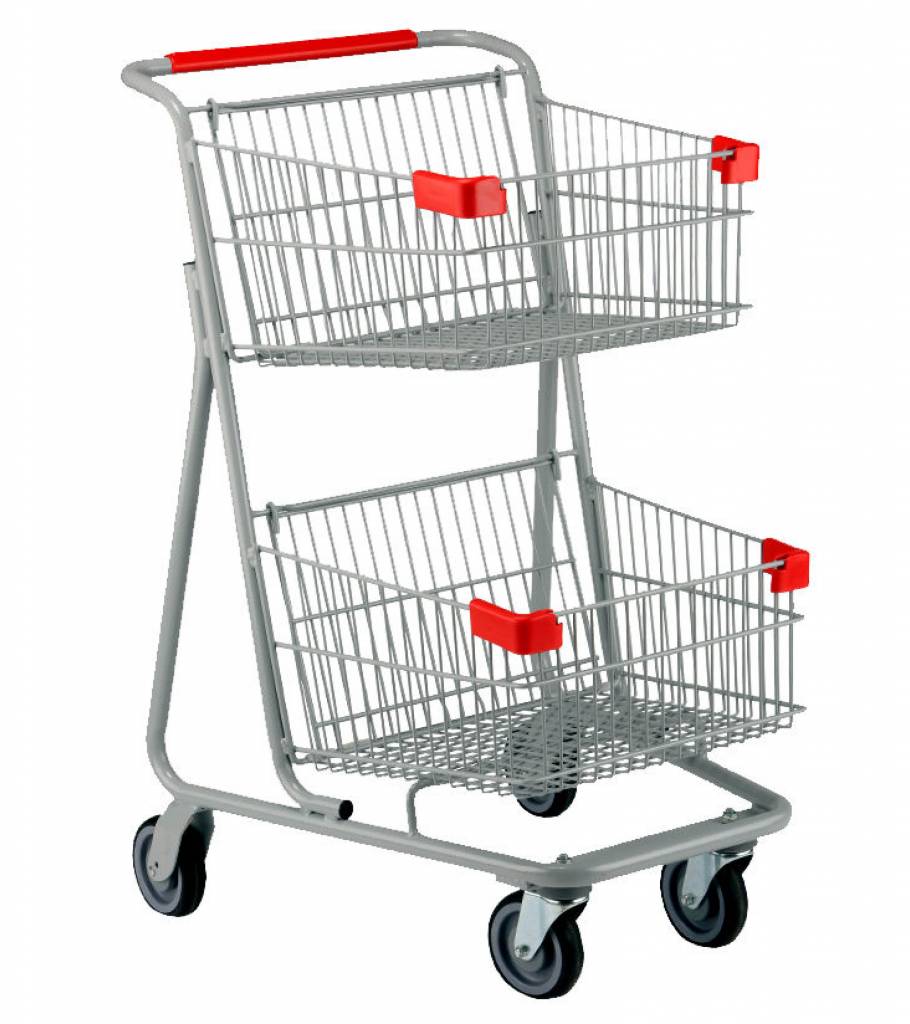In today's rapidly evolving world, where air pollution and harmful particles are a growing concern, the use of high-quality filters has become essential. 3M, a renowned leader in the filtration industry, produces filters that are widely used across various sectors. However, have you ever wondered why these filters come with an expiration date? In this article, we will delve into the reasons behind the expiration of 3M filters, exploring the science and importance behind this practice.
- The Role of Filtration Efficiency:
The primary purpose of 3M filters is to capture and remove contaminants, such as dust, pollen, bacteria, and viruses, from the air we breathe. Over time, the filter's efficiency may degrade due to factors like particle accumulation, filter material degradation, and reduced airflow. Consequently, the filter's ability to provide optimal protection diminishes, necessitating regular replacement. - Particle Accumulation and Clogging:
As 3M filters are exposed to the air, they accumulate particles, gradually reducing their effectiveness. The accumulation of particles leads to clogging, which restricts airflow and compromises the filter's ability to capture contaminants. This clogging not only reduces filtration efficiency but also puts additional strain on the system, potentially leading to decreased performance and increased energy consumption. - Filter Material Degradation:
The materials used in 3M filters undergo natural wear and tear over time. Exposure to air pollutants, temperature fluctuations, and moisture can cause the filter material to deteriorate. This degradation can result in the filter becoming less effective in capturing particles, compromising its ability to maintain clean air quality. - Microbial Growth and Contamination:
Filters provide an ideal environment for the growth of microorganisms, including bacteria and mold. Over time, these microorganisms can colonize the filter, leading to potential health risks. The expiration date serves as a reminder to replace the filter before microbial contamination becomes a concern, ensuring the continued delivery of clean and safe air. - Quality Assurance and Regulatory Compliance:
3M, as a reputable manufacturer, adheres to strict quality control standards. The expiration date on their filters is a testament to their commitment to providing reliable and effective products. It also ensures compliance with industry regulations and guidelines, guaranteeing that users receive filters that meet the highest standards of performance and safety.
Conclusion:
The expiration of 3M filters is not merely a marketing tactic but a scientifically grounded practice aimed at ensuring optimal performance and safety. By replacing filters within the recommended timeframe, users can maintain clean air quality, minimize health risks, and maximize the efficiency of their filtration systems. Understanding the reasons behind filter expiration empowers individuals and organizations to make informed decisions regarding their air filtration needs, ultimately contributing to a healthier and safer environment for all.


